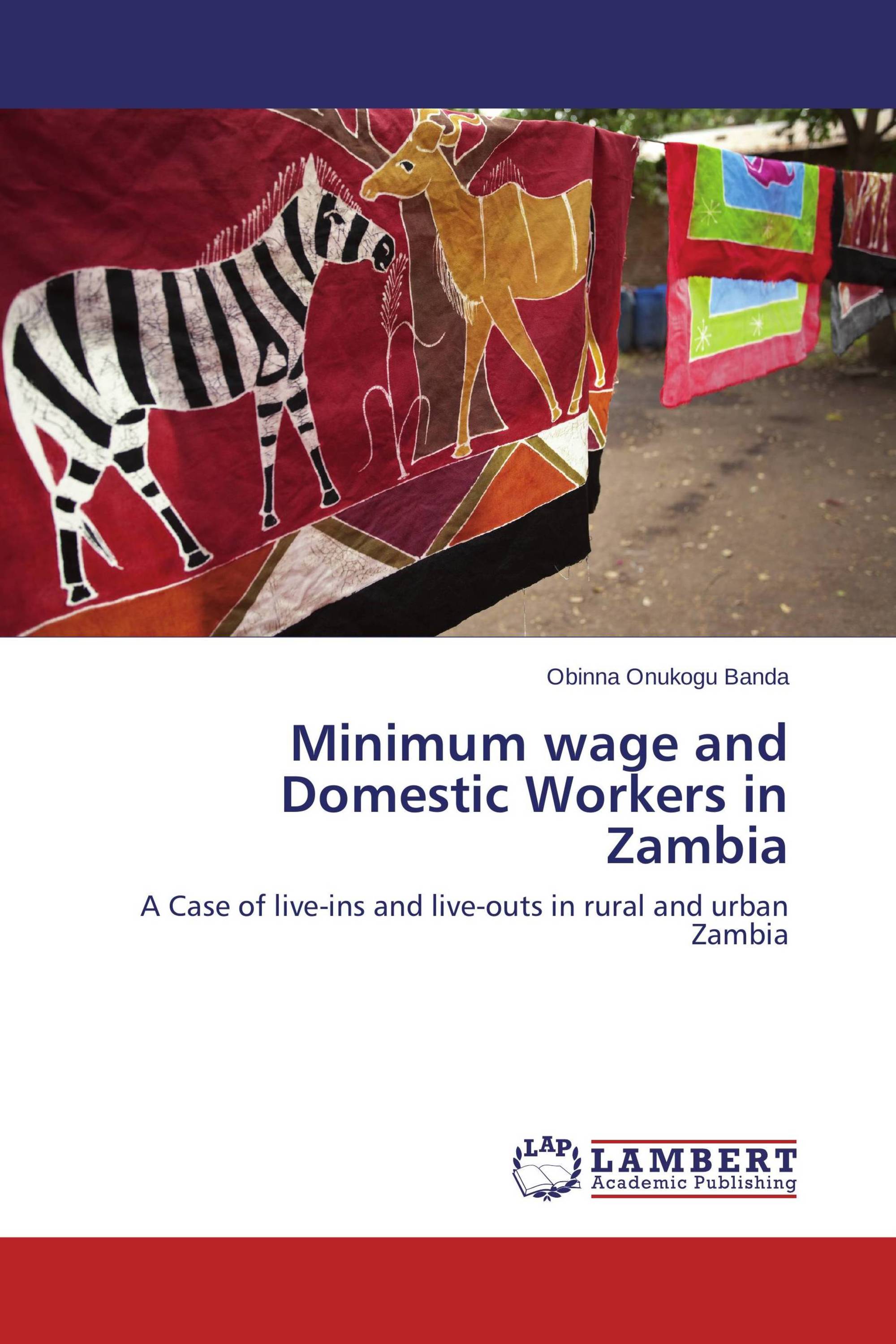Minimum wage and Domestic Workers in Zambia
A Case of live-ins and live-outs in rural and urban Zambia
€ 23,90
This study examines the role of minimum wage legislation in the working conditions of domestic workers (house maids) in Zambia. The introduction of a minimum wage generally tends to improve domestic worker wages, although an increasing number of domestic workers in the labour market (excess supply) tends to maintain their vulnerability as this tends to reduce their bargaining power (Societal perception, low agency and self-esteem, especially for live-ins). This paper identifies the key actors in domestic work, and suggests a model for formalizing it that focuses on maid centres (domestic worker agencies) because they are able to register, organize, bargain and represent the domestic workers as most of them ensure the domestic worker employer complies to the minimum wage (although the emphasis is not it being a floor/starting point in most cases).In addition, education and literacy seem to have less explanatory value in relation to the dynamics of bargaining, but awareness. It also seems that minimum wage legislation benefits urban Domestic Workers more, as I had hypothesized. This could be due to higher awareness levels, proximity to representation and higher standards of living.
Book Details: |
|
|
ISBN-13: |
978-3-659-57805-2 |
|
ISBN-10: |
3659578053 |
|
EAN: |
9783659578052 |
|
Book language: |
English |
|
By (author) : |
Obinna Onukogu Banda |
|
Number of pages: |
88 |
|
Published on: |
2014-09-02 |
|
Category: |
Development theory and development policy |
